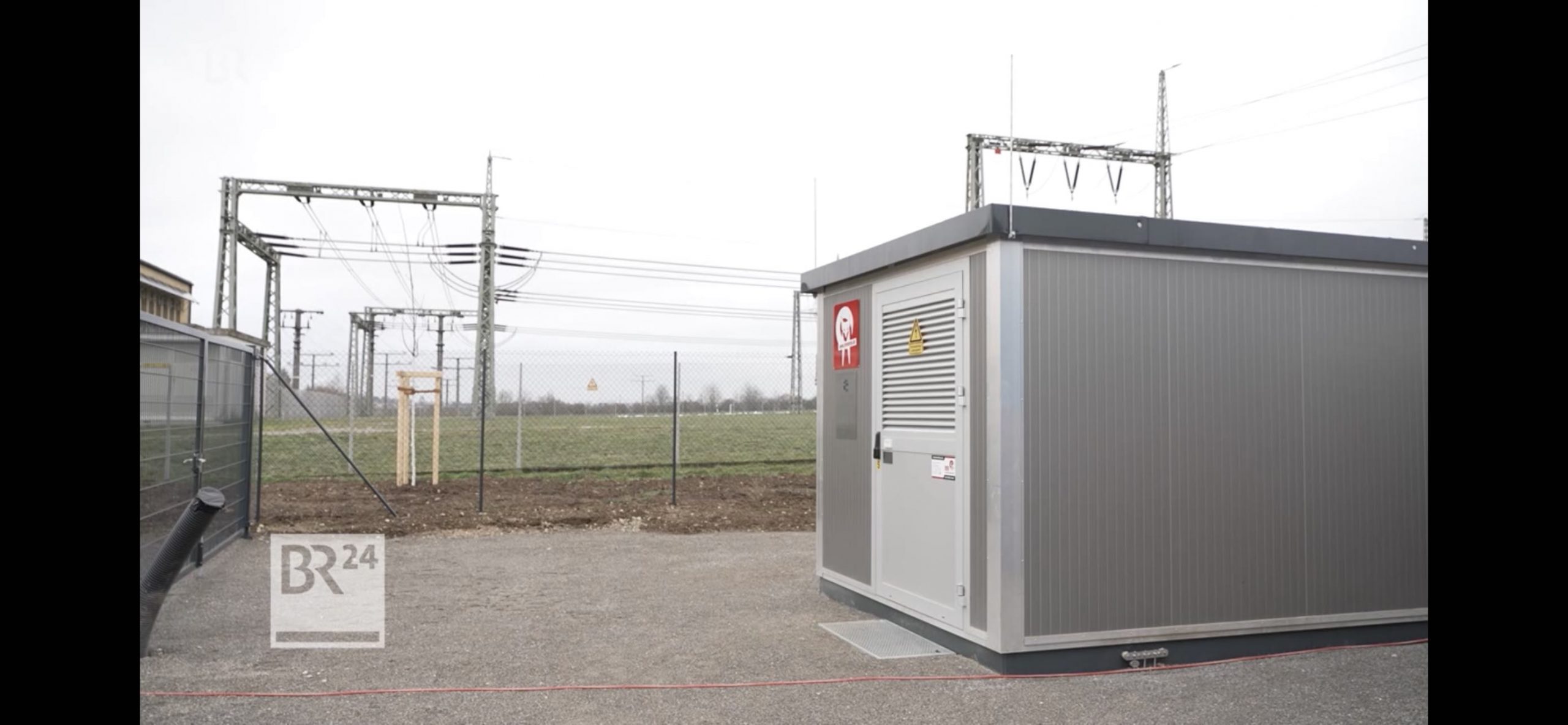Old problem, new solutions: Every summer, the energy industry and climate change activists ask in unison “where to put excess solar power during the sunny months?
Excess solar power refers to the electrical energy produced by photovoltaic systems but not used immediately. Since it is usually not possible to store the electricity produced directly, the surplus electricity is fed into the public power grid.
Massive battery storage for surplus solar energy
To solve this problem, nuclear power plant sites are now to be expanded with massive battery storage facilities for surplus energy from solar plants. SPD state leader Florian von Brunn is calling for the construction of large battery storage facilities at the current sites of nuclear power plants in Bavaria – and accuses the state government of inaction in this area as well.
“Today, battery storage facilities with many hundreds of megawatts of capacity are already possible. I would like to see such storage facilities in the Free State as soon as possible,” the SPD’s top candidate for the state parliament told the Deutsche Presse-Agentur in Munich. Bavaria must become a frontrunner here, he added. “Then we can store solar power, for example, when we produce too much. And we can use it again in the evening to supply the economy and households,” von Brunn argued. That would be much better than shutting it off – as is often the case in summer.

Where to put excess solar power in summer?
The SPD politician suggested the previous nuclear power plant sites as “ideal” locations. “Here, there is not only the land. The biggest advantage in Gundremmingen and Isar II is that we already have the grid connections and the necessary transmission capacity there.” The Fraunhofer Institute for Solar Energy Systems had already determined this last year, he said.
“Only, unfortunately, nothing has happened in Bavaria.” Minister President Markus Söder (CSU) and Economics Minister Hubert Aiwanger (Free Voters) were apparently more concerned with talking up the situation. “But that puts jobs at risk. We have to act instead of always just talking.”
“Big Battery”: inaction on greentech in Bavaria.
So far, he said, the state of Bavaria has lagged far behind in the construction of large battery storage facilities because of the “inaction” of the CSU and the Free Voters. “Other German states are unfortunately much further ahead in this regard,” he said. In North Rhine-Westphalia, he said, the power company RWE has just put a mega-battery into operation that has several times the capacity of Bavaria’s largest energy storage facility. And Saxony is also further along, he said. “After the large power lines were unfortunately blocked for a long time in our country, we must act now,” von Brunn demanded.
A “big battery” with a capacity of 400 megawatts and a storage capacity of 800 megawatt hours could, for example, supply 100,000 four-person households with electricity for 24 hours, von Brunn calculated. “These are really sensible investments that we absolutely have to promote in Bavaria.” So far, there has been no support at all for large battery storage systems in Bavaria, he criticized. That must be changed as quickly as possible, he said. The least are interest-subsidized credits or warranties.
Aiwanger had recently commissioned two new battery storage facilities for the Free State, in the district of Neustadt an der Aisch and in the district of Kitzingen. According to the ministry, these offer a total capacity of 42 megawatts and have a storage volume of 48 megawatt hours.
